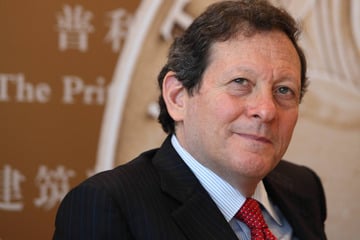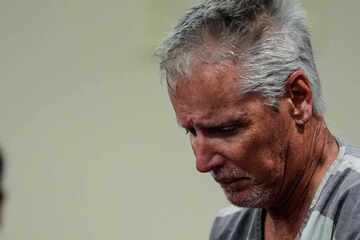"Subsistence is sovereignty": Indigenous Alaskans denounce US fraud at the United Nations
Geneva, Switzerland - Indigenous Alaskans are demanding respect for their subsistence and self-determination rights as momentum builds for a re-evaluation of the United States relationship.
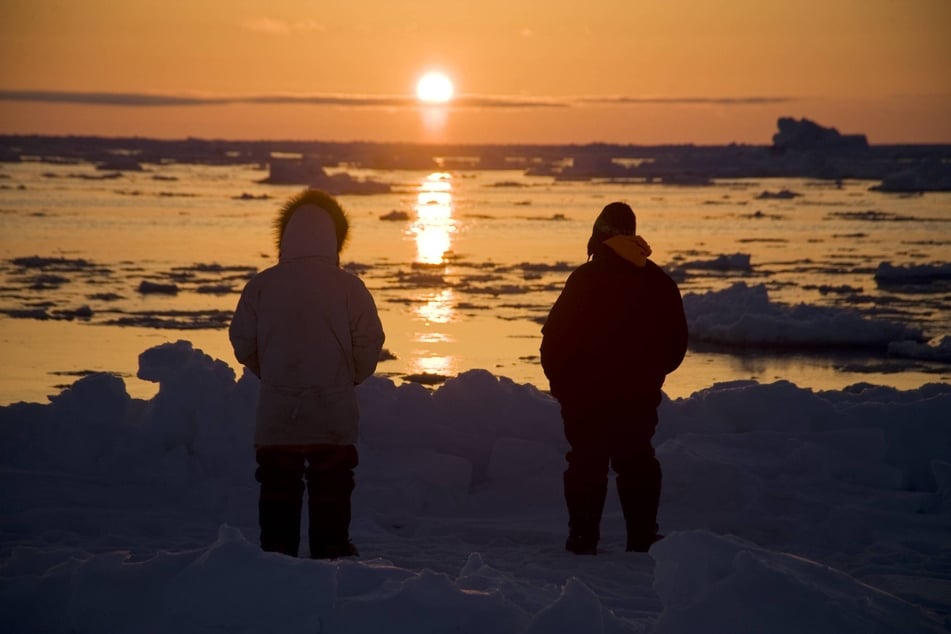
"Subsistence is sovereignty," Patty Heyano told a news conference in Geneva, Switzerland, last week. "The importance of subsistence to our culture and survival as a people can never be separated."
Calling in from Aleknagik, Heyano explained that subsistence means far more to Indigenous Peoples than mere survival. The concept is inherently linked with Native cultural and spiritual identity, shaping every aspect of social interactions.
But the ability of Indigenous Peoples to practice their traditional subsistence lifestyle has been severely limited, Heyano said, since the US claimed jurisdiction over the Alaskan territory – without the consent of the Native population.
"We are now worse off than ever," Heyano lamented. "The United States of America and the State of Alaska have taken our subsistence rights and given us privileges in an apartheid state."
"This destruction of our culture amounts to nothing less than genocide."
Uncovering the US' colonial legacy in Alaska
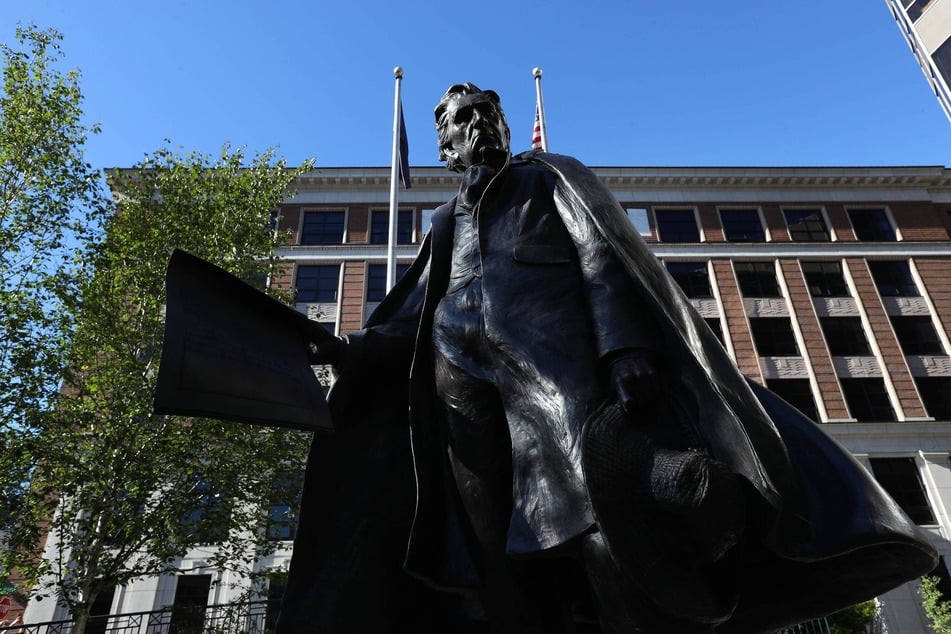
Commonly conceived as the US' 49th and largest state, Alaska's status becomes far less clear upon closer inspection of its history.
Beginning in the 15th century, European nations – with Vatican backing – utilized a principle known as the Doctrine of Discovery to divide the world according to which of them first settled and occupied the land. The colonial powers considered Indigenous Peoples to have lost full ownership of their territory.
Pope Francis repudiated the Doctrine of Discovery last year, but it remains enshrined in US law via the 1823 Johnson v. McIntosh Supreme Court decision. The ruling refers to Indigenous communities as "a people over whom the superior genius of Europe might claim an ascendancy" – giving the green light to American settler-colonialism.
Washington took full advantage of this sanctioned discrimination when it "purchased" Alaska from the Russian Empire in 1867 for $7.2 million.
The transaction took place even though US diplomatic communications in the early 19th century recognized that Indigenous Alaskans could be "considered as independent tribes, inhabiting an independent territory" and suggested Russia had not acquired discovery title or possession over the entire territory it claimed.
The original inhabitants of Alaska did not regard their lands to be for sale, nor were they involved in the negotiations.
Re-examining Alaska statehood

Over the next two centuries, the US engaged in a variety of racist political and legal tactics to consolidate control over Alaska.
These strategies included a 1958 statehood referendum which saw many Native people effectively barred from casting a vote – in clear violation of international standards.
"Whereas the occupying soldiers were given $5 to go and vote, the Indigenous were either disqualified because they didn't speak perfect English or were disqualified because of any number of excuses," said Alfred-Maurice de Zayas, the former United Nations independent expert on the promotion of a democratic and equitable international order who in 2018 declared apartheid in Alaska.
"The bad faith was astronomical. And the United States sold to the General Assembly that this was a self-determination referendum. This is fraud on the UN, fraud on the General Assembly, fraud on the world."
The US then went on to pass the 1971 Alaska Native Claims Settlement Act (ANCSA), which transferred land titles to for-profit Native corporations and asserted that all other Indigenous claims had been abrogated. Many Indigenous Alaskans say this congressional act was made without their full information and consent.
For Heyano, ANCSA was nothing more than "an effort to separate us from our Creator and reduce us to corporate shareholders."
Asserting Alaska Indigenous land rights
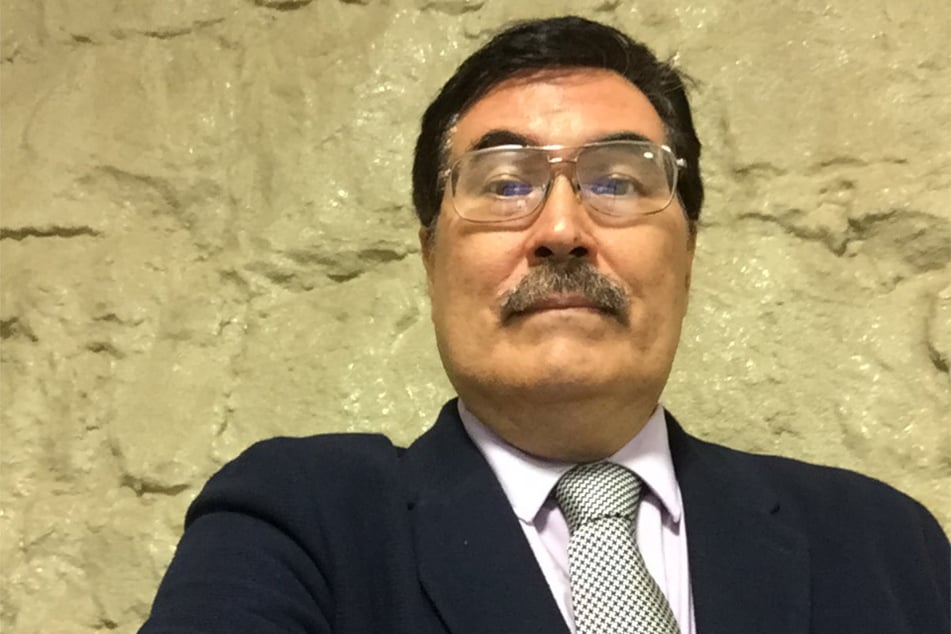
This pattern of erasure and denial in Alaska calls into question the US' legitimacy to govern over Native communities.
Alaskan Ambassador to the United Nations Ronald F. Barnes, living in exile in Geneva, argues that generations of colonial occupation do not invalidate Indigenous Peoples' allodial titles to the land.
Allodial title is a legal term that refers to property ownership independent of any superior landlord. In the case of Indigenous Peoples, it means Native land rights are not nullified by any colonial occupier's claims.
This principle was upheld by United Nations Special Rapporteur Miguel Alfonso Martínez. In a 1999 treaties study, he wrote that when states seek to claim jurisdiction over Native groups, they "should produce unassailable proof that the indigenous peoples in question have expressly and of their own free will renounced their sovereign attributes."
Such was not the case in Alaska, where the US federal and state governments have forcibly asserted their dominion and persistently disregarded Indigenous land and water rights, Barnes said.
"When an occupying power creates a puppet government, uses that puppet government to cede land, title, or jurisdiction, international law recognizes that that occupying government made an agreement only with itself. It has no authority, and it cannot be upheld," Barnes insisted during the Geneva news conference.
"Absolute allodial title belongs in Alaska," he added. "We've never ceded anything."
Taking back the narrative on Alaska
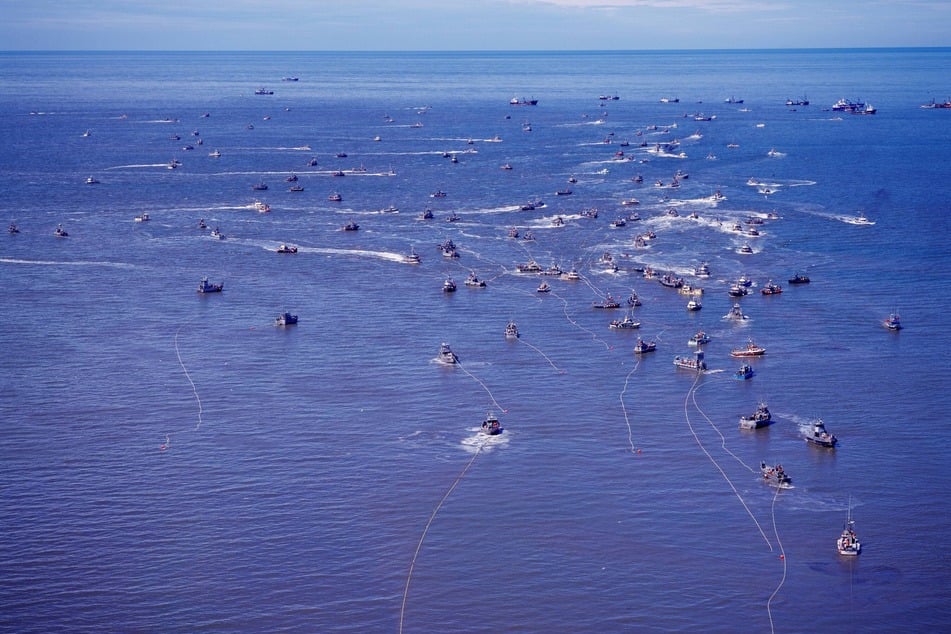
Frustrated with US obstructionism, Indigenous Alaskans have turned to the United Nations, where they are working with Hawaiian nationals toward a re-examination of General Assembly Resolution 1469. The measure removed Alaska and Hawaii from the list of Non-Self-Governing Territories – defined as those "whose people have not yet attained a full measure of self-government" – without proper review procedures.
Backed by the majority of Alaskan tribal governments, Barnes is calling on United Nations member states and the Vatican to support efforts to recognize the US occupation.
The ambassador says momentum is growing behind the decades-long push as Alaskans back home report growing threats to their basic needs.
"An inherent right is our access to our food and our resources that we've been stewards and maintained since time immemorial, ever since we came across the [Bering Land] Bridge," said Leonardo Wassilie, calling in from Nenana.
Wassilie's community has been largely barred from fishing salmon in the Yukon River – a traditional subsistence activity – since 2021. Now, state authorities are extending the pause for another seven years as salmon stocks disappear.
"For an elder who's 70 years old, that's 10% of their life. For my son, that would be all of his life," he said. "I can't imagine our children growing up without having this nutrition."
For Wassilie, regaining control in Alaska involves fighting back against media narratives designed to obscure Indigenous exploitation – to the benefit of the politically and economically advantaged.
"We have to take back the narrative into exerting our basic human rights," he urged.
Cover photo: IMAGO / Nature Picture Library
